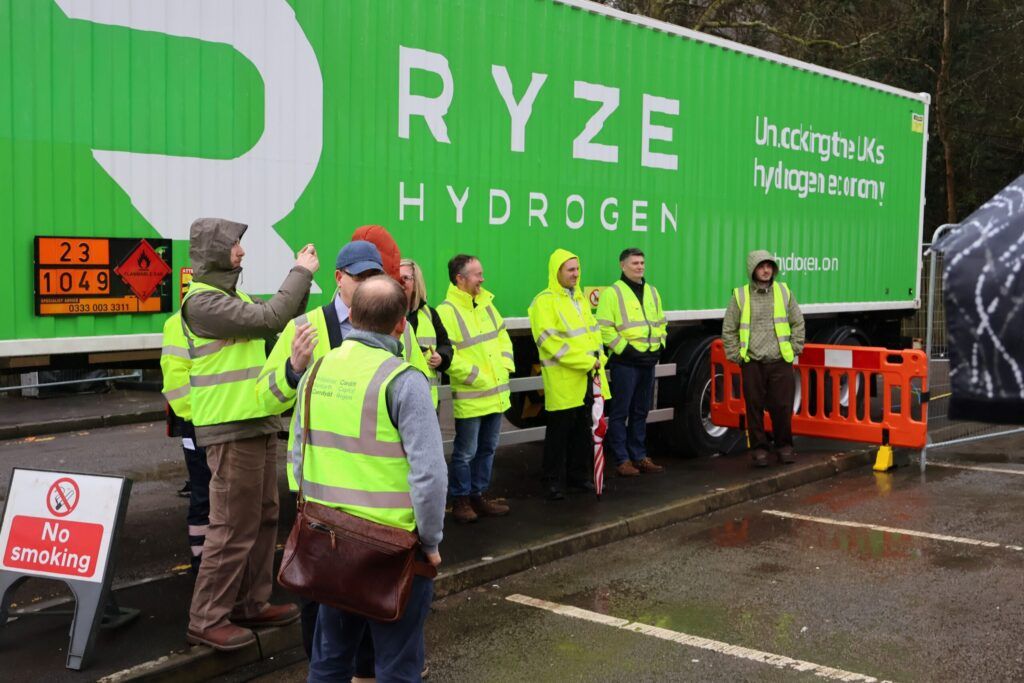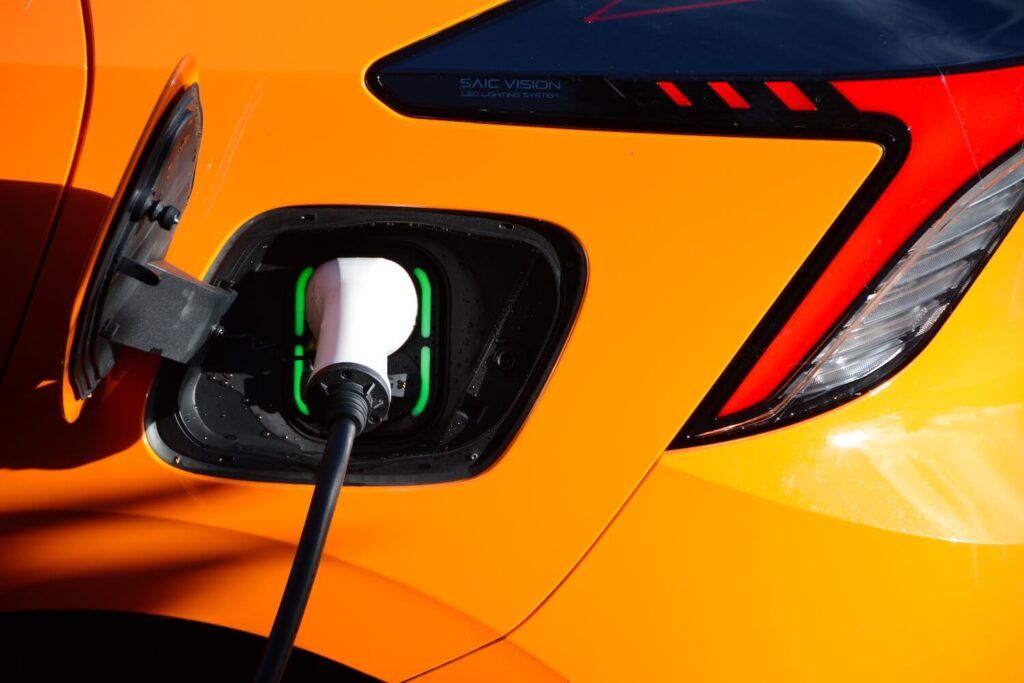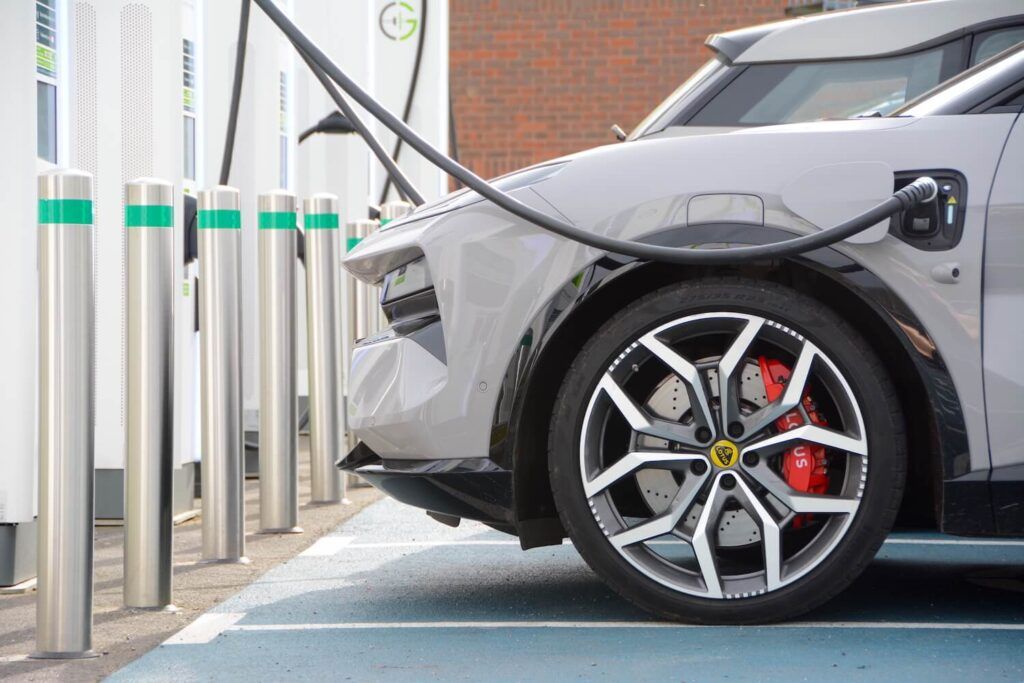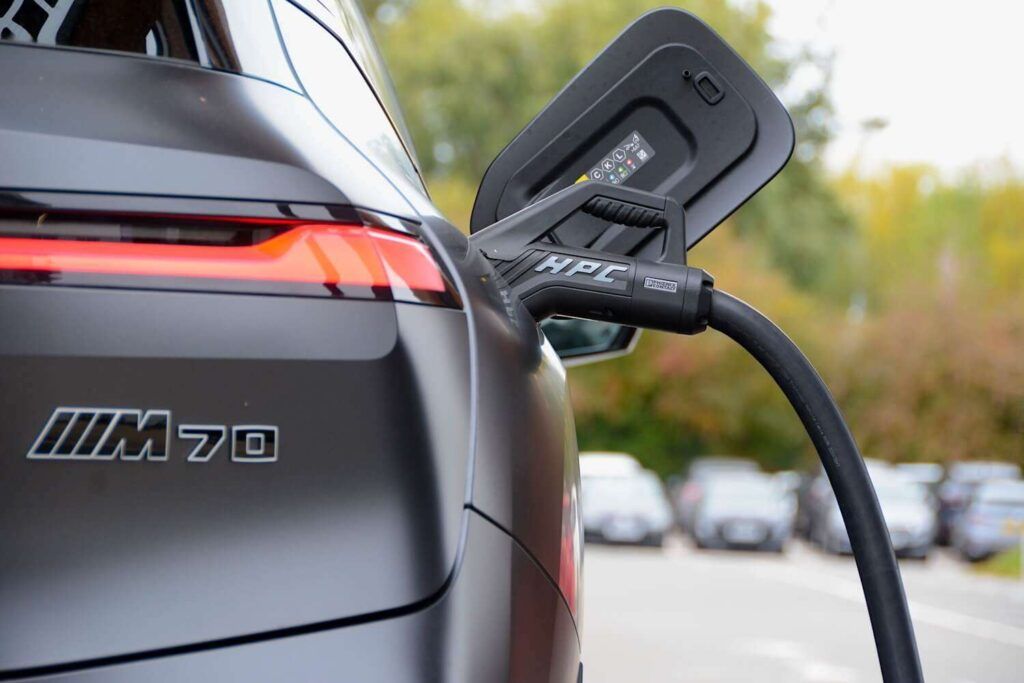CEOs and executives from 50 companies have called on the EU not to change its 2035 zero-emission target for cars and vans.
In a public declaration, the executives from the automotive, clean technology, transport and energy sectors, said the target was “feasible and necessary”.
The companies point out that the 2035 zero-emission target received a democratic mandate from EU governments and MEPs in March 2023.
Rather than reopening already agreed legislation, they say efforts should instead be focused on implementing what has already been agreed: targeted industrial policy and investment support for a sustainable local battery value chain, rolling out charging and clean electricity supply, greening corporate fleets and re-skilling workers for the electric transition.
Companies that signed the declaration included manufacturers such as Volvo, logistics firms such as Maersk, ride sharing firm Uber, leasing company, Ayvens, EV makers Polestar and Rivian, electric utility firm Iberdrola, retailer Tesco and IKEA’s largest franchisee, Ingka.
The firms said they were “strongly committed” to the EU’s 2050 climate neutrality goal, and many of the companies had “invested massively” to make it a reality.
In the statement on Industryfor2025.org, the executives said that the 2025 target “provides much needed investment certainty” for the future of the automotive industry in Europe.
They said: “The 2035 target gives a clear direction that will allow us businesses, alongside all other stakeholders, to focus on delivering the transformation required.”
Dominic Phinn, Head of Transport at Climate Group, said:
“To pursue the business and industrial transformations needed to reduce emissions, CEOs and executives need regulatory stability. Their message to newly appointed EU policy makers is: ‘Don’t let us down.’
‘Wavering on the agreed 2035 phase-out of the sale of internal combustion engine vehicles would jeopardise their investments, their fleet decarbonisation objectives and, ultimately, the EU climate neutrality goal.”
Alex Keynes, Cars Policy Manager at Transport & Environment, said:
“Changing the 2035 target would mean tearing up the map that businesses have based their investments on. Instead, let’s support the transition with a green automotive plan that focuses on a speedier charging ramp-up and boosting demand through faster fleet electrification.
“There also needs to be support for local, clean battery manufacturing.”
Jim Rowan, CEO of Volvo Cars said:
“The 2035 target is crucial to align all stakeholders on this journey and ensure European competitiveness. We urge EU policy makers to focus on what actions we need to take to get there, rather than reopening legislation just agreed on.”
Orlin Radev, CEO of AMPECO said:
“Keeping the EU’s 2035 ambition for transport electrification is an imperative. The targets are a catalyst for innovation and economic growth across the EV value chain, including in the EV charging infrastructure sector where Europe’s industry leadership is demonstrated globally.”
Aurelien de Meaux, Co-founder and CEO of Electra said:
“The path to 2035, including specific CO2 milestones, was established in 2014 and 2019. We rely on this stability to make informed and effective investments and ask the legislator to not change the rules during the game.”
Oren Ezer, CEO of Electreon said:
“It remains critical to double down on investment and maintain the strategically essential goal of 100% zero emission new car sales by 2035 to ensure improved air quality for European citizens, meet emissions targets reductions in the transport sector, and continue to compete in the fast-evolving global EV automotive market race.”
Matt Ersin, Senior Director for Government and Public Affairs of Fastned said:
“Maintaining the 2035 zero-emission target is essential – not just for a sustainable future, but for securing Europe’s competitive edge in the global mobility and automotive industries.”
Peter Badik, Co-founder and Managing Partner of GreenWay said:
“The electric vehicle technology is proven and tested. As long as we offer makes and models of EVs at different price points to serve more, varied customers – and the charging to support those drivers – we will meet our agreed upon goals.”
Christian Hahn, CEO of Hubject said:
“We are helping to accelerate the switch to electric vehicles and the transition to an emissions-free, sustainable mobility system. This is one of the core pillars that Hubject is built on and something I personally feel very strongly about. This is why I and Hubject are fully supporting the EU’s 2050 climate neutrality goal and the 100% zero-emission car target in 2035.”
Pierre Eymard, Director General of Logivolt said:
“The 2035 deadline has set a structuring course for the mobility sector. To deviate from this trajectory would be both to abandon our ambition to decarbonise and to cast doubt on the urgency of climate change.”
Thomas Raffeiner, CEO of The Mobility House said:
“The 2035 ICE phase-out exemplifies an ambitious industrial policy that will keep our industry competitive and innovative in the evolving EV landscape, underscoring the fierce global competition we face as we work to combat global warming and its consequences.”
Tom Rowlands, CEO of Plugsurfing said:
“Above all else, Europe’s businesses and consumers need certainty. Wavering on established policies waters down not only Europe’s climate goals, but also Europe’s political weight. We need to keep our commitments.”
Michael Lohscheller, CEO of Polestar said:
“Electric vehicles are the only credible, scalable solution to help shift our industry towards carbon neutrality.”
Ehsan Emami, Founding President of Qovoltis said:
“This transition is not only essential for a sustainable future but also is in alignment with our strategic vision to accelerate the shift towards electric mobility.”
Alan Hoffman, Chief Policy Officer of Rivian said:
“Europe helped lead the world when it set a target for automakers to eliminate tailpipe emissions from its vehicles by 2035.
“Delaying that target would reintroduce regulatory uncertainty for our industry, undermining the long-term investment climate we operate in.”
Image from Shutterstock












